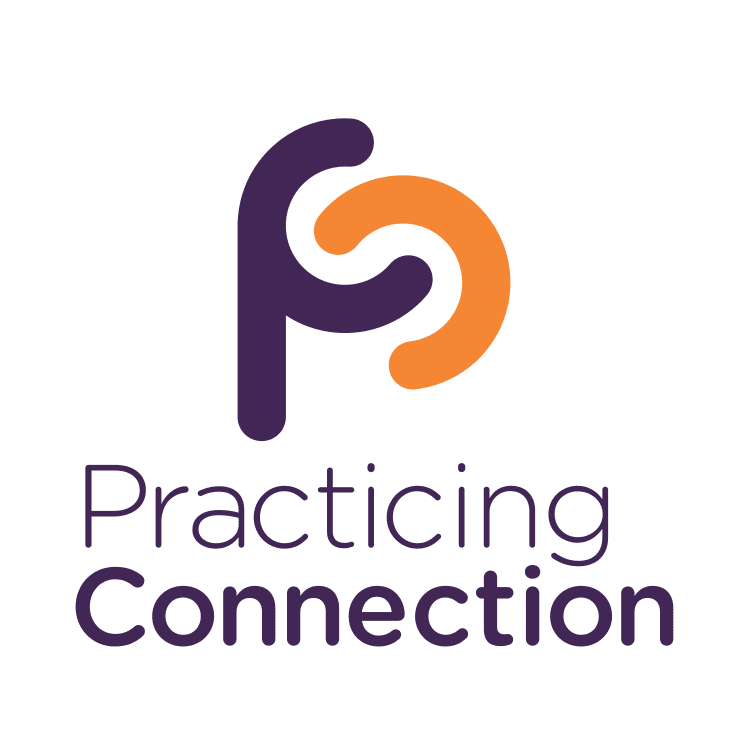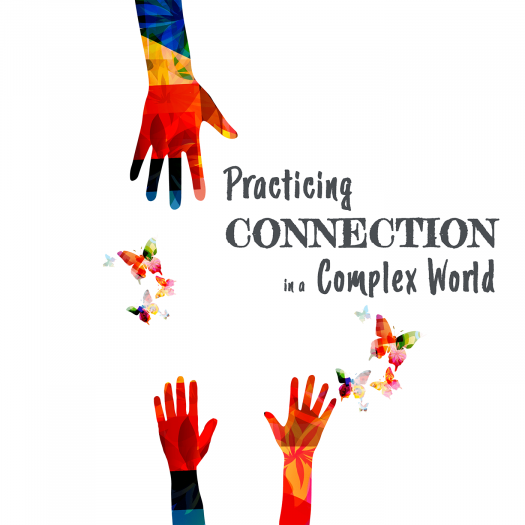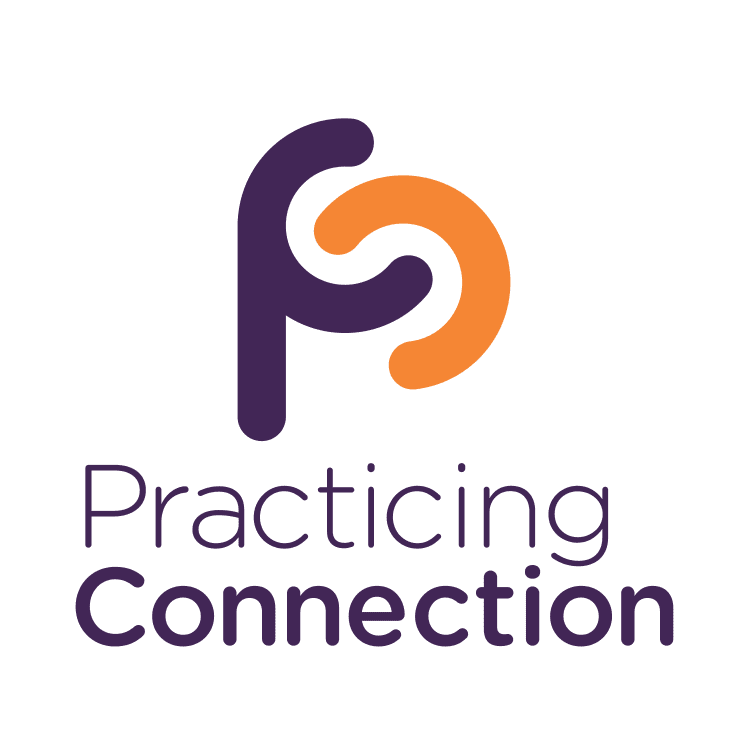VUCA and VUCA Prime
SUBSCRIBE NOW About this episode (Season 1, Episode 5) In this episode, Karen Pedersen, Dean for Global Campus at Kansas State University, talks about how the VUCA framework (volatility, uncertainty, complexity, and ambiguity) has helped her better understand the world, and how the VUCA Prime framework (vision, understanding, clarity, and...












